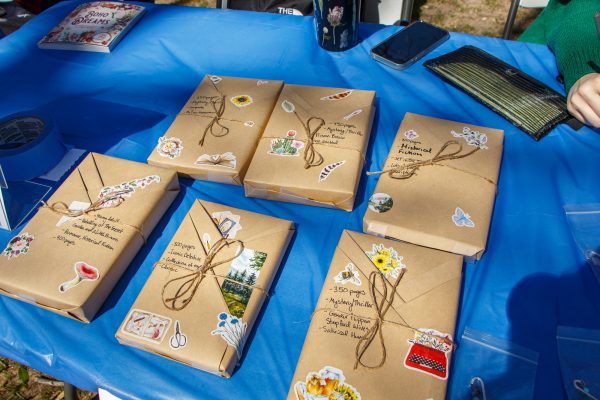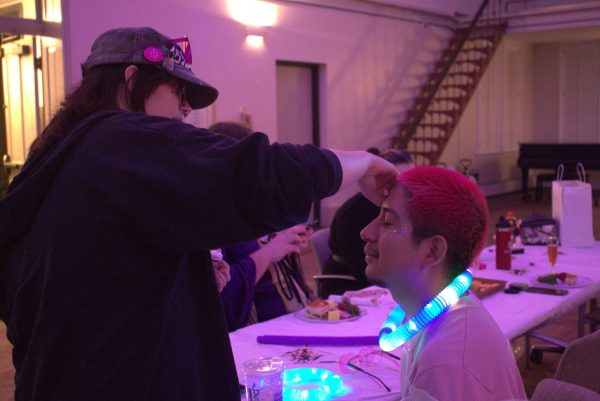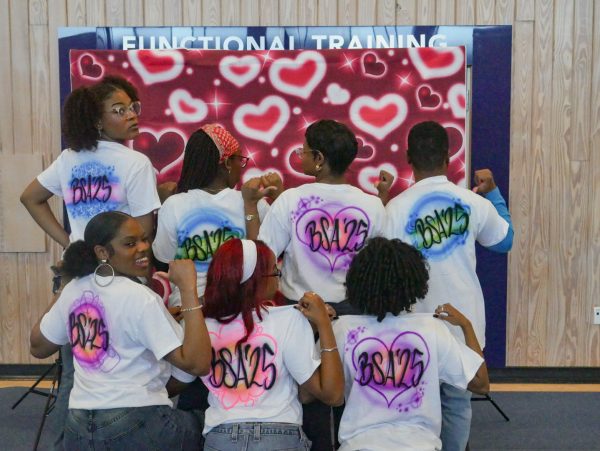Grindr updates fail to generate authentic conversation

“Gaymojis” reflect poor, appropriated cultural references.
Living in a heterosexist society has left generations of disenfranchised, touch-starved LGBT people, myself among them. That being said, there have been efforts made to alleviate these issues, particularly through apps. This is a review of Grindr, one of the most infamous “dating” apps out there. But does it really deserve the infamy? Or is that simply another example of an oppressive society mocking marginalized people for attempting to alleviate the issues they themselves created? Let’s consider and break down some new features that Grindr offered to its users.
Taps are, by and large, a hated part of the Grindr community. These little symbols on a person’s profile allow you to send a flame, a little devil or a speech bubble to a person you might be interested. Respectively, these mean that you find the person hot, you’re interested in a sexual encounter or you want to chat with them. In an ideal world this would be great for people who have anxiety but still want to try and make the first move. However, the response to taps has been overwhelmingly negative, to the point where many profiles feel the need to specify that they will not respond to taps, as it’s hardly a conversation starter. This response was so widespread that within Grindr there is a counterculture of people who specify that taps are fine and they don’t mind them. Overall, it’s an implement that makes an effort to improve things, but fails to do so because of the popularization of hating them.
Speaking of making communication harder, it might be prudent now to talk about gaymojis. As if communication wasn’t messy enough with emojis, Grindr decided to throw its own take into the mix, resulting in a mix of sexually suggestive fruits and veggies, as well as vague gay culture references, including the appropriated phrase “Bye, Felicia.” The concept of it is cute, but in reality it’s mostly just uncomfortable unless you have a fun rapport with the individual. So while I appreciate having so many variations of eggplant available to send to strangers over the internet (to say what, exactly?), the addition is ultimately unnecessary, failing to improve communication or the overall Grindr experience.
The only especially good update was the inclusion of gender identities and pronoun identities on people’s profiles, which would allow them, if they choose, to specify their gender and input the pronouns they prefer to be called. It’s a small, but appreciated step towards normalizing transmen and non binary individuals into the gay community, as it breaks down the assumption everyone is a cis man. Unfortunately, cis men ruined that one, taking it as an opportunity to label their gender as “tacos” or “fighter jet” or some other endlessly creative way to say “I’m transphobic and don’t consider the plights of transmen to be valid.”
So yeah. Grindr takes a step forward and a few steps back, but they’re trying. Now if only the same could be said for the gay men that use it.






